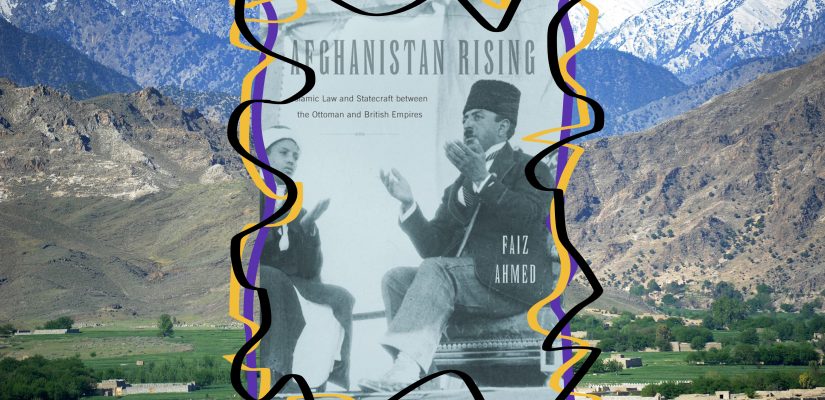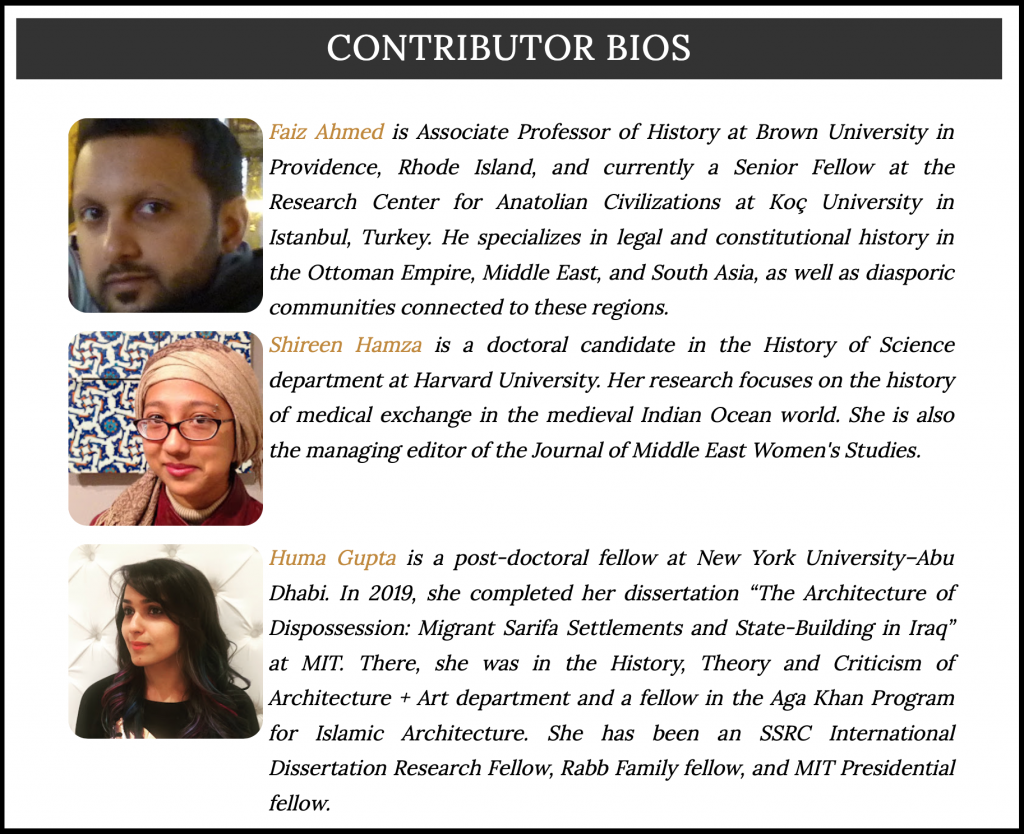
Trans-Asian constitutional connections between the Ottoman empire and Afghanistan

(dot)history | A space by SARA ZANOTTA
In the study of constitutional history, the connections between different parts of Asia are often an understudied theme. This gap is partially filled by the research of Faiz Ahmed, Associate Professor of Modern Middle Eastern History at Brown University (USA).
As a historian specialized in the legal and constitutional history of the Ottoman Empire, Middle East, and South Asia, he investigated the history of Afghanistan’s first modern constitution in the fascinating book “Afghanistan Rising. Islamic Law and Statecraft between the Ottoman and British Empires” (Harvard University Press, 2017).

In 2020, with Shireen Hamza and Huma Gupta, he discussed the most salient points of his research in the episode “Afghanistan’s Constitution and the Ottoman Empire” of the Ottoman History Podcast. Professor Ahmed showed how the constitution resulted from the presence of scholars originating from Afghanistan, the Ottoman Empire, and India. After the First World War, Afghanistan was headed by Amanullah Khan. Before becoming king, he had been influenced by Ottoman teachers and had studied in an Ottoman-designed military academy in Kabul. These aspects, in addition to the fact that Afghanistan was one of the few sovereign Muslim countries at that time, drew activists and scholars to Kabul. Amanullah Khan brought constitutional activists to his palace and employed some of them in Afghanistan’s first constitution. Additionally, the roles of Queen Soraya and her father Muhamud Tarzi are interestingly stressed throughout the episode.
